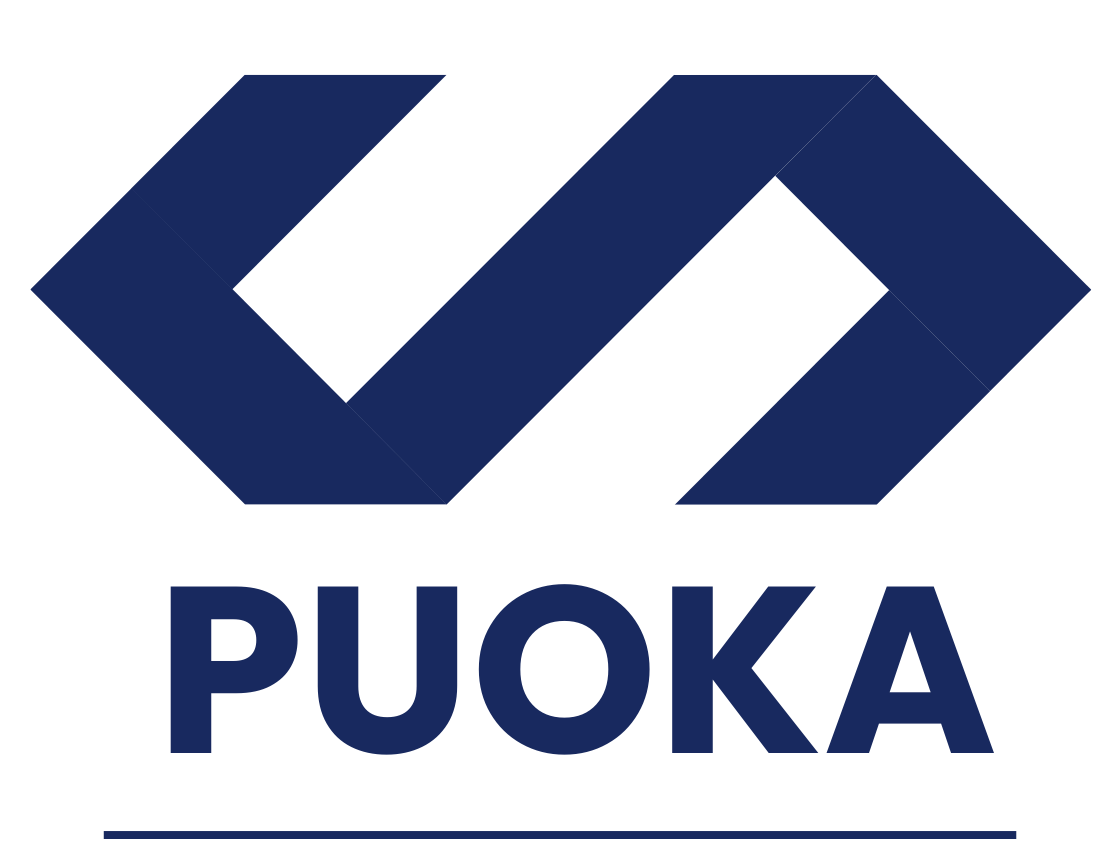Web3 marketing is all about promoting projects built on decentralized technologies, like blockchain and the crypto industry, in a way that’s transparent, community-driven, and value-focused. In this new space, traditional digital marketing rules often don’t apply. Instead, marketers need to focus on trust-building, clear communication, and creating a strong presence across various social media platforms.
How Is Web3 Marketing Different from Traditional Marketing?
Web3 marketing differs from traditional marketing: it focuses on decentralization, community engagement, and transparency, all essential attributes for building trust in a crypto project. Unlike conventional marketing, where a company solely drives the narrative, Web3 marketing is collaborative, with communities actively shaping brand perception and engagement. This approach emphasizes authentic connections, as the tech-savvy audience highly values security and transparency.
Another difference is that a Web3 marketing strategy does not rely on classic paid ads like Meta Ads or Google Ads, which are often bread-and-butter traffic channels in traditional marketing. To fill this gap, Web3 marketing leverages alternative channels and unique tactics tailored for the crypto landscape, detailed in the sections below.
This approach helps connect with a forward-thinking audience that values transparency and security, making it essential for crypto businesses aiming to grow sustainably. So, what makes a successful crypto marketing strategy? We’ve prepared a detailed list of the areas to focus on — let’s dive in!
Basics
A solid foundation is essential for any crypto startup in the Web3 space. This section focuses on building a recognizable brand identity, ensuring a clear business model, and establishing your value proposition — the core of your project. Web3’s crypto world is the arena of competition, so setting easy-to-understand values, defining tokenomics, and providing a well-structured website give your project credibility and help build initial trust with your crypto community. A comprehensive whitepaper also signals seriousness to potential investors, laying out your project’s technology, goals, and roadmap in detail.
- Core Value Proposition: Define the unique value your project brings to the crypto space.
- Clear Business Model: Outline how your product or service works in an intelligible manner.
- Brand Identity: Maintain consistent branding across all visual elements:
- Logo, color palette, fonts, key visuals, tagline, mission, values, and tone of voice.
- Public representatives, if applicable, strengthen your project’s human connection.
- Whitepaper/Lightpaper: Include a detailed whitepaper covering your technology, goals, and roadmap—the essentials for attracting investors.
- Tokenomics: Unambiguously define token utility, distribution, and incentives to build user trust.
- Website Essentials: Craft a user-friendly, informative website:
- Draw up understandable product descriptions, use prominent CTA buttons, link social media, and add contact information.
- Offer lead magnets and forms to engage new users.
8 key areas to review your WEB3 marketing!
Get the must-have checklist now!

SMM & Influencers’ Role in Crypto Marketing
Social media and influencer marketing are crucial in the Web3 space for community building and brand awareness, making it a significant focus area for any crypto marketing agency. Given the skepticism surrounding many crypto companies, an authentic and engaging social media presence can help you build trust with users. Influencers can further enhance credibility, reaching niche communities and generating viral content. Strategic partnerships with influencers and consistent cross-platform engagement can help your project shine in a crowded field of effective crypto marketing strategies.
- Platform-Specific Strategies: Tailor strategies for each platform, blending organic content with paid ads.
- Key Platform Profiles: Build profiles on critical platforms like X (formerly Twitter) and LinkedIn (especially for B2B).
- Content Calendars: Maintain regular, engaging schedules for each platform.
- VFX Testing: Experiment with VFX to create attention-grabbing, viral content.
- Influencer List: Keep a network of 50+ influencers to collaborate with.
- Influencer Agreements: Secure long-term arrangements with at least 10 influencers.
- User-Generated Content (UGC): Encourage community participation through UGC.
- Cross-Promo Campaigns: Run cross-promotions with other brands every five weeks.
SEO
SEO is a powerful tool for expanding visibility and attracting organic traffic to your crypto companies’ websites. For Web3, SEO means staying on top of evolving keyword trends, optimizing for conversational queries, and ensuring that the website performs well on mobile devices. On-page SEO keeps your content discoverable, while off-page SEO (external links) can build authority by connecting your site to reputable sources. Proper SEO helps new users find your project organically, which is invaluable in the long term and can support your crypto email marketing efforts as well.
On-Page SEO:
- Conduct updated keyword research targeting Web3 and blockchain terms.
- Ensure mobile optimization and fast site speeds.
- Maintain a high readability score for effortless user experience.
- Track competitors based on relevant keywords.
- Compress images and reduce CSS requests for faster loading.
- Use structured, simple page templates to avoid clutter.
- Essential SEO elements: H1, H2, H3 tags, favicon, social badges, a 404 page, and semantic HTML.
- Submit your site to Google Search Console and monitor Core Web Vitals.
Off-Page SEO:
- Build external links to your site through press releases, articles, and collaborations to boost visibility and trust.
Ready to Elevate Your Web3 Project’s Marketing?
Get a step-by-step marketing plan, content ideas, PR essentials, ASO tips, and key metrics to track — click here to start!
Disclaimer: Please note that the contents of this article are not financial or investing advice. The information provided in this article is the author’s opinion only and should not be considered as offering trading or investing recommendations. We do not make any warranties about the completeness, reliability and accuracy of this information. The cryptocurrency market suffers from high volatility and occasional arbitrary movements. Any investor, trader, or regular crypto users should research multiple viewpoints and be familiar with all local regulations before committing to an investment.





